Category: Life in the Church
-

What are the New Roles for our Latter-day Saint Cultures?
We’ve all seen the changes. Two hour church. High Priests don’t meet separately. No more Scouts. Come Follow Me. Etc., etc., etc. Anyone with a serious continuing connection to the Church is still adjusting. And those adjustments include adjustments to our culture. You’ve probably seen the changes in culture. They include changes to our terminology…
-
Why We Go to Church
Some of my friends were elated when they heard that church meetings were canceled because of COVID-19, or Coronavirus, “Church cancelled!” texts went out. Celebratory emojis were shared. On a more serious note, a family member wondered whether there would be long-term effects on church attendance. Would people keep staying home on Sunday once they…
-
Home church (part 1/x). Pandemics for kids
They say novel Coronavirus disease is easier on kids, but I’m not sure that’s the case.
-
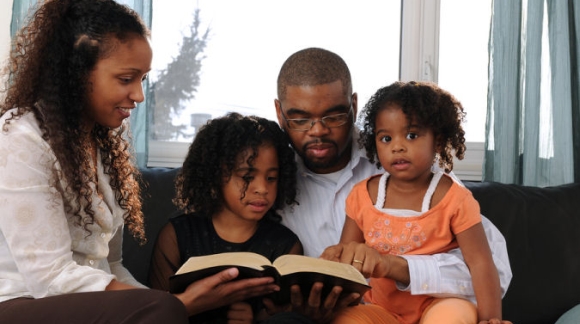
When There’s Church At Home
Our readers will have heard that the First Presidency announced yesterday that all church meetings and activities have been suspended, due to the worldwide Covid-19 pandemic. As a result, most members and families will worship at home starting this Sunday. In addition, the Church’s counsel says, “We encourage members in their ministering efforts to care…
-

Reacting to Covid-19—How Will We Help?
All those who have traveled on commercial airlines know the instructions: In case of a loss of cabin pressure, put the drop-down mask on yourself first, and then on your child (or companion or others, I presume). The same idea applies to any disaster: secure your own situation first, then help others. This applies to…
-
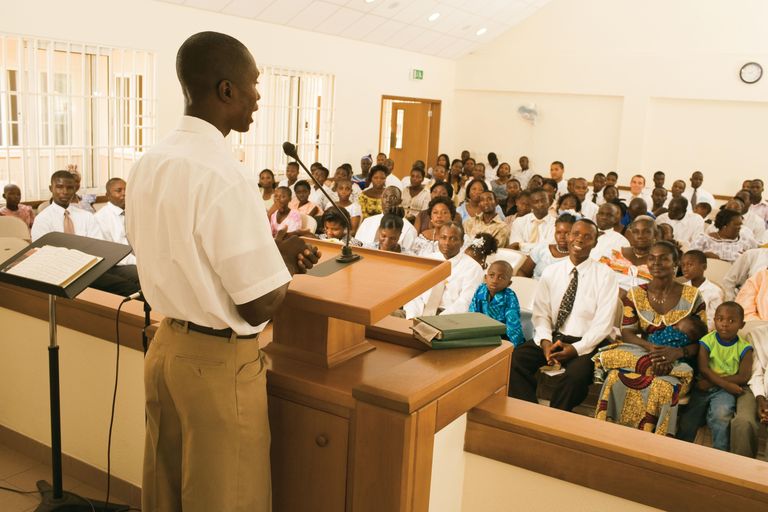
What Can’t Be Discussed in Church
In a podcast I listened to recently, a man who had left the church described going to sacrament meeting with his still-believing wife and feeling upset at what was said in church. He had come to believe that certain claims that are regularly stated at church were not true, and hearing them was uncomfortable. Initially,…
-

Six Funerals and the idea of Legacy
While I was at BYU years ago one of my best friends asked me to go with him and his wife to Cedar City to the Utah Shakespearean Festival. His wife’s father had served a mission with the founder, Fred Adams, and her family had gone frequently over the years since Adams founded the festival.…
-
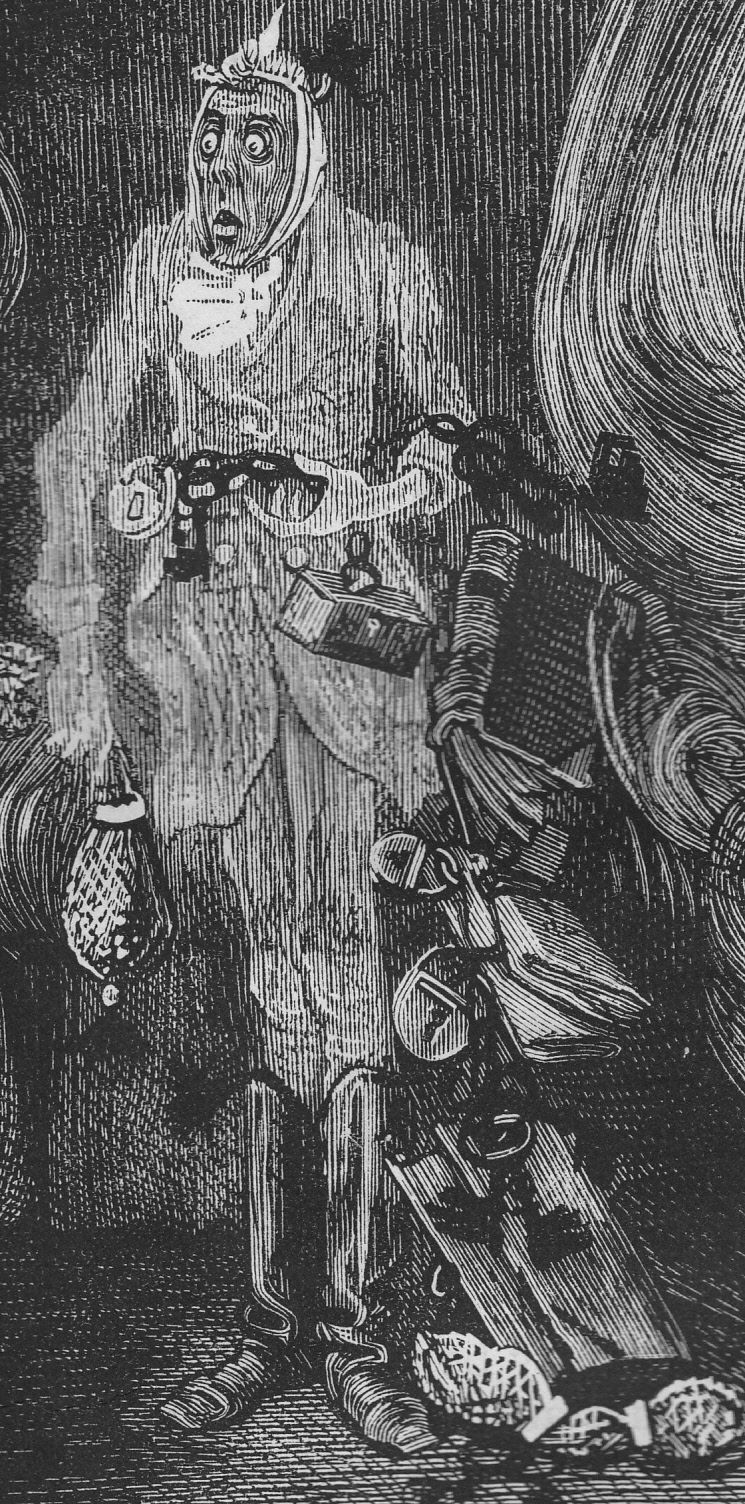
The Gospel According to “A Christmas Carol” II
As I mentioned in my last post, I read Dickens’ novella, A Christmas Carol each year at this time. As a result of reading it and re-reading it, for me this story has passed from mere entertainment to something much more. In the story Dickens introduces us to Ebenezer Scrooge, who is visited on Christmas Eve by…
-
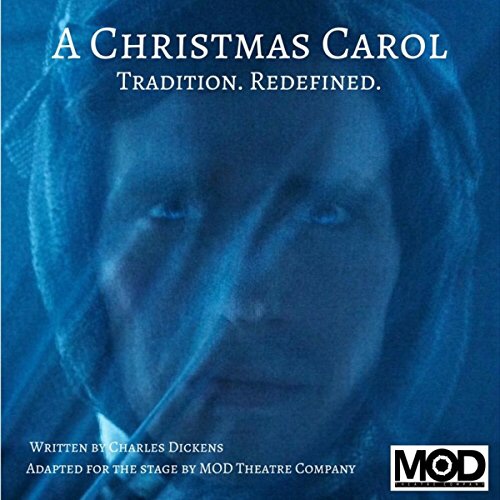
The Gospel According to “A Christmas Carol” I
At Christmas time, one of my holiday customs is to read Dickens’ novella, A Christmas Carol. I may be a little obsessed with the story — I have three different audio versions on my phone, including one produced by members of my home ward. As a result of reading it and re-reading it, for me…
-
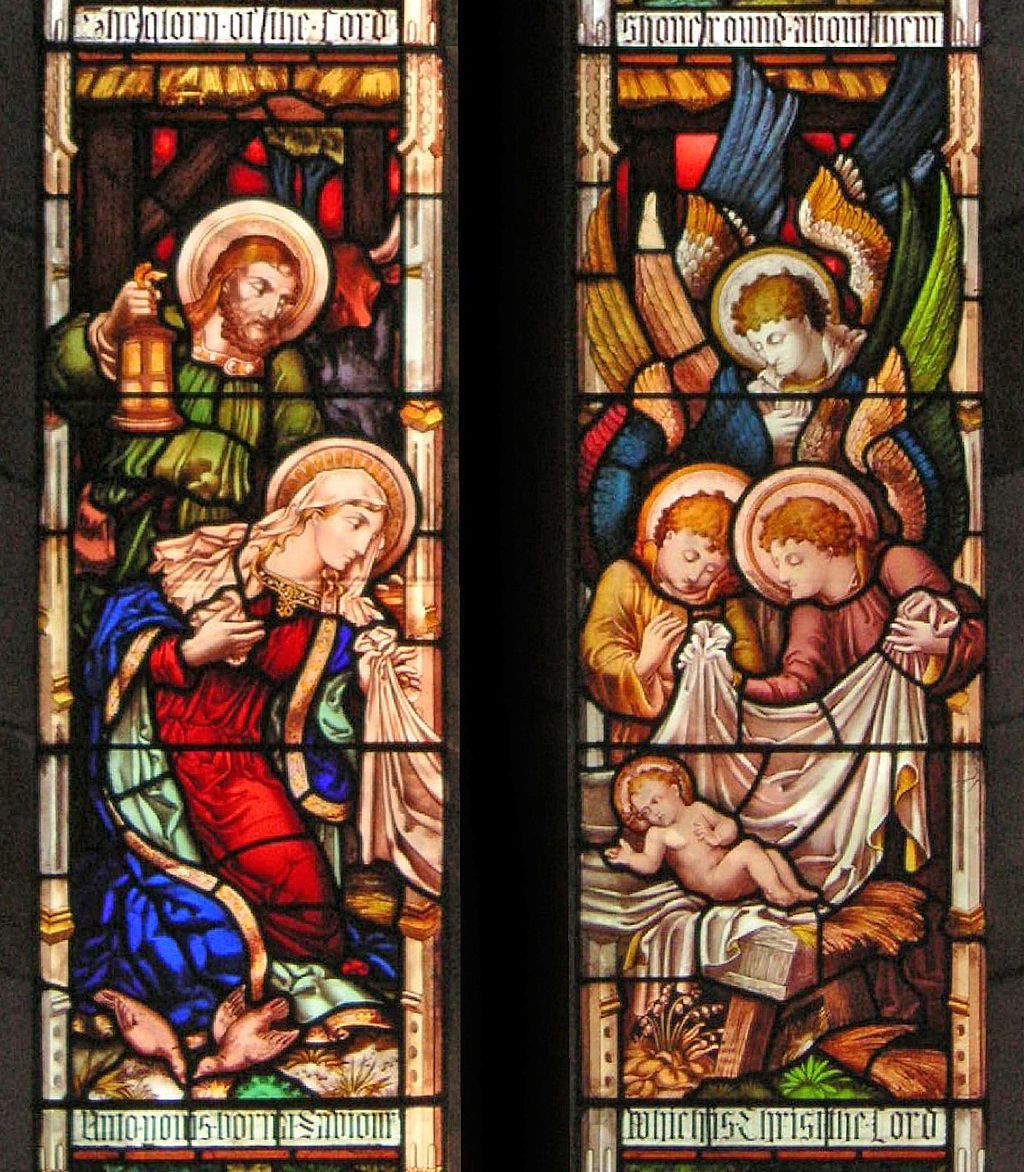
The Standard Christmas Sacrament Meeting
My sister recently sent the planned text for the sacrament meeting program in her ward (she is involved in the planning) to me and the rest of our siblings for our suggestions. It was fine, lovely even. It was full of Christmas hymns with brief introductory and concluding texts. Sound familiar? Other than this type…
-
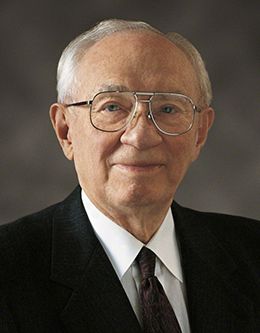
Taking President Hinckley Seriously
In the April 1997 General Conference Pres. Hinckley said everyone deserves “three things: a friend, a responsibility, and nurturing with ‘the good word of God’”[1. Gordon B. Hinckley, Converts and Young Men, General conference, April 1997]. If local leaders take this seriously, then: What responsibilities/callings can be given to someone who doesn’t think they are worthy?…
-
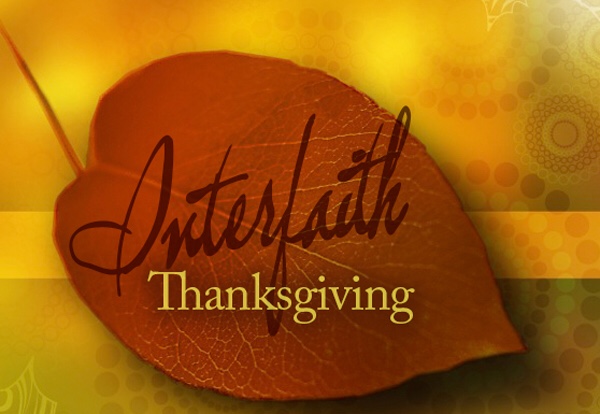
Toward a Universal Thanksgiving
This coming Sunday our neighborhood will hold its 6th annual Interfaith Thanksgiving celebration. As many as 500 members of Jewish, Protestant, Catholic and Mormon congregations will join together for a program giving thanks and blessing children, followed by a communal thanksgiving dinner[1. FWIW, the keynote speaker this year is Dr. Ruth Westheimer! who is a…
-

Scouting for Life
I don’t know if a complete break with Scouting was necessary. I would have been content if the church had only eliminated Cub Scouts and the Eagle Scout rank.
-
Fan Culture and General Conference
Elder Holland’s talk at the conclusion of the Saturday Afternoon session of the April 2019 General Conference, Behold the Lamb of God, is one of the most powerful talks I’ve ever heard or read. I challenge anyone to read or listen or watch the talk and think that Elder Holland was anything other than deadly…
-
Remembering Clark Goble
This hit my inbox this afternoon: In case you hadn’t heard, Clark Goble just passed away from a stroke.
-

Mormon Life on the Moon
I’m old enough to remember the moon landing, 50 years ago today. And I’m old enough to admit that I thought humanity would be much farther along in exploring our nearest neighbor than we are. But I’m encouraged by recent activity — it feels like we are close to going back and going back permanently. If…
-
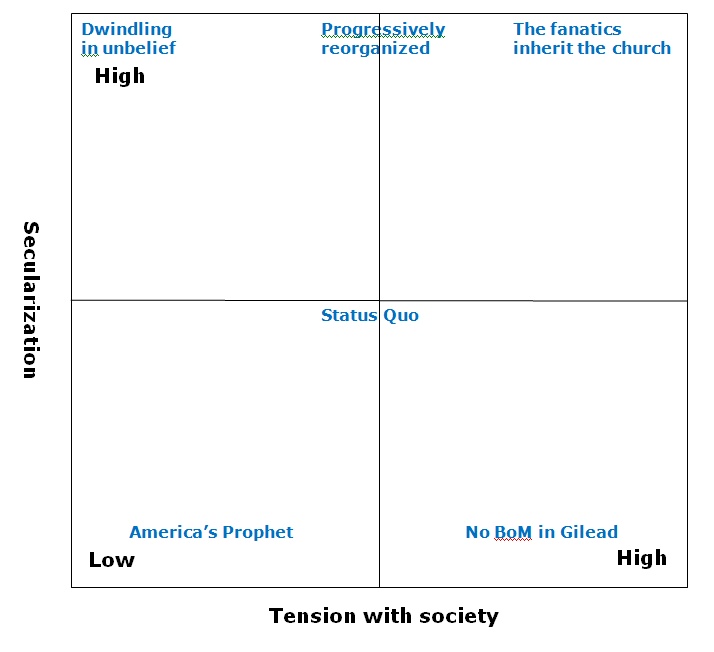
If this goes on—
If we wanted to hazard a guess at what the upcoming years and decades hold in store for the church in the United States, the decisive factors will likely be to what extent the country as a whole becomes more secular (or more religious), and how the church correspondingly arrives at a place of higher…
-

Some tips for your obituary
For some time, I’ve been writing obituaries for a secular educational institution (which, for the sake of the failing hearts of its remaining alumni, will remain anonymous).
-

Ethics and Mormon missionary work: what memoirs tell us
They are still teenagers, 18 or 19, and are sent out to change the lives of adults. The boys dress up like CIA-agents, the girls like old-school women. They typically have no clue about the national, regional, social, cultural, religious, or familial identities of the people they try to interest in their alien sect. They…
-

Why I Wrote a Sex Manual for Mormons
Earthly Parents is the pen name of the author of And It Was Very Good: A Latter-day Saint’s Guide to Lovemaking. He agreed to share some of the book’s background here. * * * On the top of my parent’s bookshelf, far above the white-spined World Book Encyclopedias I read as a child, sat a…
-
A Restored Gospel Christian Calendar
We sometimes speak of the idea of a holy envy—meaning something that we admire in another a religion. For years, while remaining active in my ward, I spent a considerable amount of time at a Presbyterian Church ringing English handbells. Over time, one feature of their worship that I developed a bit of a holy…
-
Does serving a mission in a low-income country change your commitment to the poor?
In a recent research paper, economist Lee Crawfurd seeks to answer this question by comparing missionaries who served in a predominantly high-income region – Europe – with those who served in low- and middle-income areas – Africa, Asia, or Latin America. The missionaries assigned to these different region look very similar on a range of…
-

Moving on up
So the announcement that youth would rotate up in each January came as a surprise to a lot of people. Here are my first thoughts on the matter: I have heard more concern expressed recently that children in Senior Primary needed to be getting more attention than they were. This pushes the eldest part of…
-
The New LDS Hymnbook: Changes and Possibilities
Recently, the Church of Jesus Christ of Latter-day Saints announced that they were going to prepare a new hymnbook and children’s songbook for use in the worldwide Church. Specifically, the goal is to create unity in hymn numbers and selections that reflect the needs of a global organization. This is the first time in over…
-

The Bread of Life, with Chocolate Chips
Today I am pleased to present a guest post from a good friend of the blog, Samuel Morris Brown. I learned to cook when my wife was recovering from cancer surgery. There’s a hollowness, kindred to cancer, hungry to swallow you up when a beloved’s life is threatened. I still remember, with a soul-deep ache,…
-

The Ever-So-Slightly Endangered BYU Man
A recent leak revealed what appears to be an old scale for evaluating potential BYU students. Basically, you take 10*GPA + ACT and then add points for stuff, like being from outside the West or taking AP classes. The most one could possibly get is 100 points, but this would require being… rather unique. There…
-
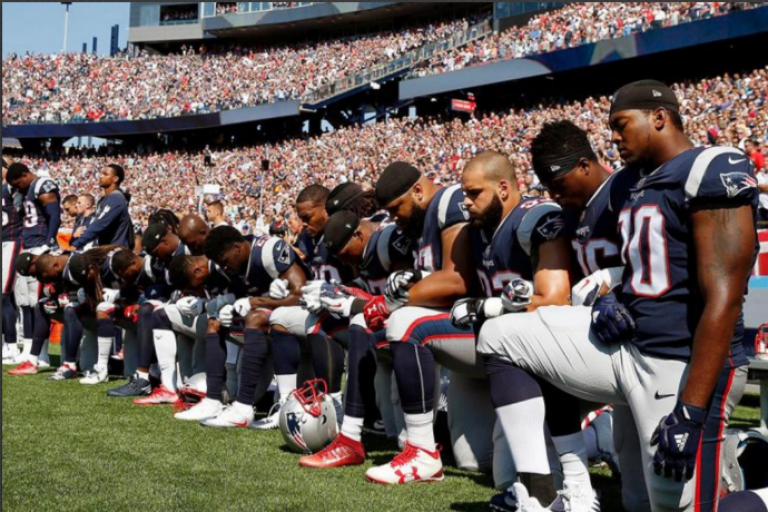
What the LDS Can Learn From the NFL
It has been a tough year for the NFL. Football is a sport; the NFL is a brand. After years of growing viewership, energetic fan support, spiking television revenue, and multiplying sponsorships, a series of largely self-inflicted mishaps has tarnished the NFL brand. There is the national anthem protest controversy, initiated by Colin Kaepernick and…
-
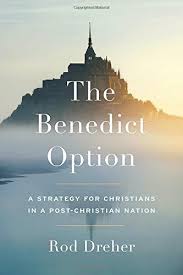
The Brigham Option: Living in a Post-Christian Nation
I have heard a lot about Rod Dreher’s The Benedict Option: A Strategy for Christians in a Post-Christian Nation (2017), so I finally got a copy and read it. Short summary: Christian writer figures out Protestants no longer enjoy the benefits of informal religious establishment in the USA and goes into panic mode. Maybe that’s…
-
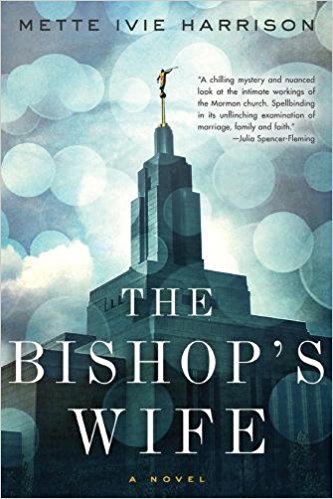
Fiction and Culture: Mette Ivie Harrison’s The Bishop’s Wife
A good Mormon mystery Novels — particularly good ones — convey a sense of place. This is absolutely true of mystery novels, from Kwei Quartey’s police detective in Ghana to Alexander McCall Smith’s private detective in Botswana. But how much do we really about a place or a culture from a work of fiction? I…
